Logic, or the Art of Thinking —— Being the Port-Royal Logic
----- 逻辑,或思维的艺术
Aristotle was, however, of itself sufficient to determi'fl'v controversy; while the energy of his personal character, his eventful life, and tragical death, conspired to fix at tention on his writings, and to give them a wider popu larity than they would otherwise have had. The excite ment, however, thus produced (as was natural, since it was of personal rather than of scientific concernment), soon passed away; and as it had evolved no principle which could form the basis of a new development, logic speedily relapsed into its old state. It may be said, indeed, to have soon fallen into a worse state than that in which it had previously been; and the contrast thus presented between it and the other branches of philosophy, in which so much new life was manifest, could scarcely fail to bring it into discredit, if not into contempt. Everywhere else a Spirit of inquiry and examination was displayed, which was full of promise. Philosophy was evidently casting aside the conditions Of its scholastic existence in the interest of a higher and nobler development. Logic alone seemed incapable of advancement. It underwent no change, but still retained its Old form, after its Old life was dead. So long as scholasticism remained that form was entitled to respect for there was a certain kind of quaint vitality about the old logic of the schools, which was not without its charm. In defect of the life with which we were familiar, it was pleas ing to meet with beings of reason, logical quadrupeds, and disembodied universals, — to see the veritable tree of knowledge whereon genera and species grew, and from which they were gathered to meet the exigencies of man kind, — and to be introduced to those extra-mundane and hyperphysical spaces, where chimeras feed and thrive to giants upon the dew of second intentions. But when the system with which all this was connected had passed away, — when it was no longer possible to discuss with grave simplicity whether twenty thousand angels could.
{{comment.content}}
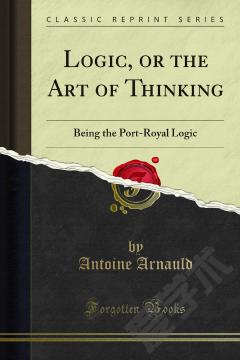
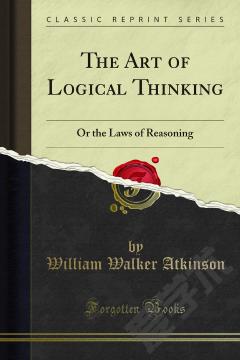
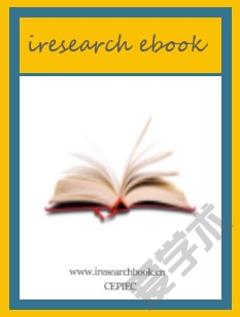
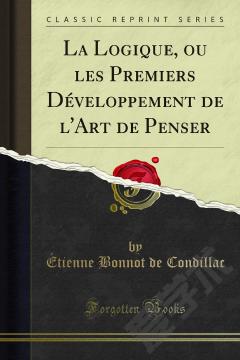


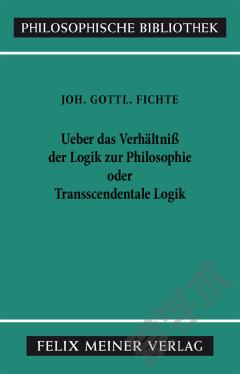

 京公网安备 11010802027623号
京公网安备 11010802027623号